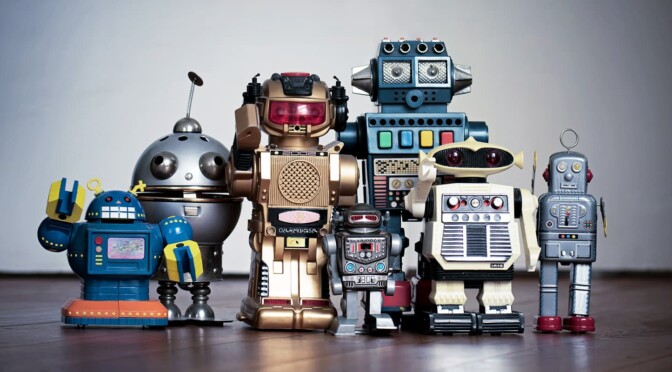An employee has a job description, but an AI agent has a task. An employee has a profile and a skill set, while an AI agent has a character and a tool set. An employee has intelligence, an AI agent has … ChatGPT The discussion as to whether progress in generative artificial intelligence will soon make employees redundant is partly contentious and partly pragmatic. The hype surrounding ChatGPT and such like obscures the central question: How can generative artificial intelligence make us faster and better, i.e. more efficient, in our everyday lives? The answer is: with AI agents.
AI levels: from simple to highly autonomous
AI agents are virtual employees with a task that they can complete autonomously and in a human-like manner thanks to their character, tool set and basic intelligence. The basic intelligence, the brain of the AI agent, is typically a Large Language Model (LLM), such as ChatGPT, or another generative AI model.

So how does an AI agent actually work?
Three possible agent levels:
Level 1: A simple AI agent that helps to compose tweets. It is based on ChatGPT, for instance, and is trained and programmed to write tweets for a specific target group with a certain tone and in a defined form. Its character, for example, includes the creativity the AI agent demonstrates in responding to queries.
Level 2: An enhanced AI agent that has access to a company’s knowledge base and to the Internet. It decides autonomously whether to use the customer’s own database or an online search to respond to a query.
Level 3: An advanced AI agent that can use a variety of tools to complete its task and acts highly autonomously. It interacts with and controls other apps, code or databases outside of the chat window. It adapts and iterates its steps and tools until a possible solution is achieved.

Powerful allies
AI agents make powerful allies when used properly and backed by a solid business case. For example, they offer the possibility of centralising all company data and documents and making them accessible throughout the company via a single interface. This prevents knowledge silos.
Confidential company data and employee interactions with the AI agent are protected thanks to role-based access and security protocols. This is crucial since current studies show that data protection and security concerns are the main reason why there are still so few companies experimenting with AI.
Finally, automation and the self-service capabilities of AI agents accelerate internal processes. This enables entire teams to focus more intensively on strategic tasks.









